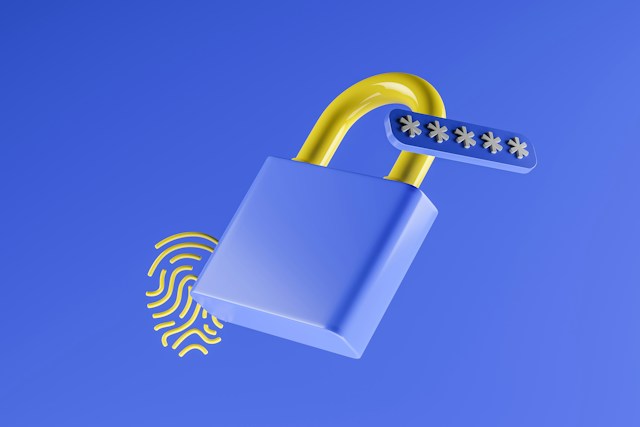In today’s digital age, passwords are a crucial aspect of our online security. From email accounts to social media platforms, we rely on passwords to protect our personal information from falling into the wrong hands. However, creating a strong password that is also easy to remember can be a challenge. In this article, we will explore some effective strategies for creating a strong password that you won’t forget.
1. Avoid Common Password Mistakes
Before we delve into the techniques for creating strong passwords, let’s first discuss some common password mistakes that you should avoid. Using personal information such as your name, birthdate, or phone number as a password is a big no-no. Also, don’t use easily guessable words or phrases, like “password” or “123456.” Additionally, avoid using the same password for multiple accounts, as this can make you more vulnerable to hacking.
2. Utilize a Combination of Characters
When creating a password, it’s important to use a combination of characters. This includes a mix of uppercase and lowercase letters, numbers, and special characters. By incorporating these different elements, you significantly increase the complexity of your password, making it harder for hackers to crack.
3. Create a Passphrase
One effective technique for creating a strong password is using a passphrase. A passphrase is a series of words or phrases that are combined to form a password. For example, instead of using a single word like “cat,” you can use a passphrase like “Ilovethecolorblue.” Passphrases are easier to remember than random combinations of characters, while still providing a high level of security.
4. Use Password Generators
If you struggle to come up with unique passwords, consider using a password generator. Password generators create strong, random passwords for you, eliminating the need to think of one yourself. These passwords are often a combination of letters, numbers, and special characters. After generating a password, be sure to save it in a secure password manager or write it down in a safe place.
5. Make It Lengthy
When it comes to password strength, length matters. The longer your password, the more difficult it is to crack. Aim for a minimum of 12 characters, but the longer, the better. Remember, though, that length alone is not enough; make sure to incorporate other elements such as uppercase letters, numbers, and special characters.
6. Incorporate Personal Meanings
To make your password memorable, try incorporating personal meanings into it. For example, you could use a combination of your favorite book titles, song lyrics, or quotes. By using familiar words or phrases, you are more likely to remember your password without compromising its security.
7. Regularly Update Your Passwords
Creating a strong password is not a one-time task. It’s important to regularly update your passwords to enhance your online security. Experts recommend changing your passwords every three to six months. This practice reduces the risk of your accounts being compromised, as it makes it harder for hackers to gain access to your personal information.
Conclusion: Protect Your Digital Identity
Creating a strong password is an essential step in protecting your digital identity. By following these strategies, you can create a password that is both strong and memorable. Remember to avoid common password mistakes, utilize a combination of characters, and consider using a passphrase or password generator. Additionally, make sure to regularly update your passwords to stay one step ahead of potential security threats. By taking these precautions, you can enhance your online security and protect your personal information from unauthorized access.




